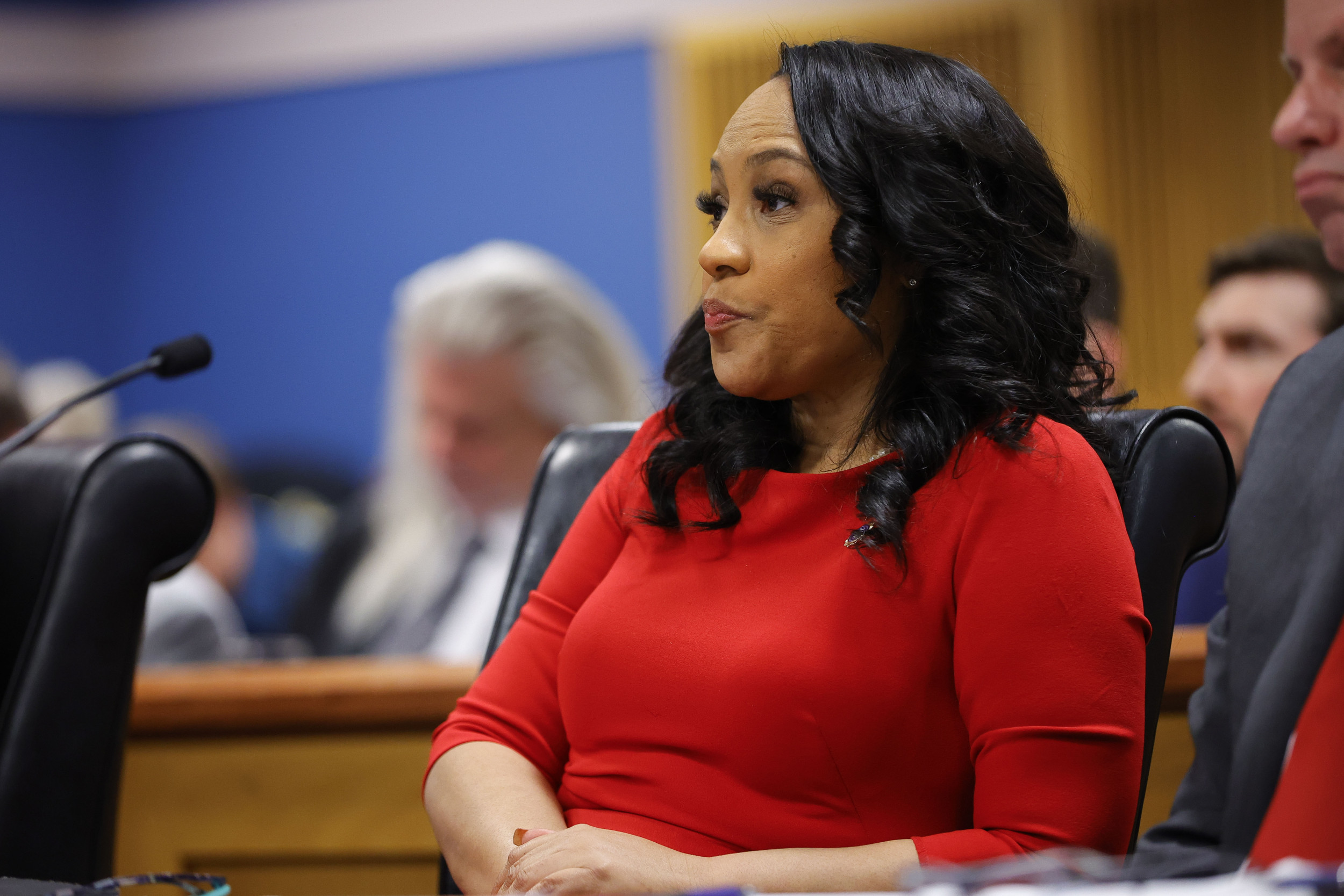In the final days of its most recent term, a unanimous U.S. Supreme Court strengthened religious liberty in the workplace when it decided in favor of Gerald Groff, a former United States Postal Service employee who sought a religious accommodation to honor the Sabbath.
This is a landmark victory, not only for Gerald but for millions of Americans. And it's a huge wake-up call to corporate America.
As a result of the Court's decision, every employer in the nation with more than 15 employees must provide religious accommodations to their employees unless it would cause "substantial increased costs" on the business.
No longer must religious employees acquiesce to the controversial ideologies and impositions of corporate employers or fear losing their jobs. No longer can corporate America drive people of faith into the shadows.
Every HR department in America has to rewrite their manuals when it comes to accommodating religious employees.
As Justice Samuel Alito said for the majority, "an employer who fails to provide an accommodation has a defense only if the hardship is 'undue,' and a hardship that is attributable to employee animosity to a particular religion, to religion in general, or to the very notion of accommodating religious practice cannot be considered 'undue.'"
In Groff v. DeJoy, the Supreme Court was asked to reinterpret what Title VII of the Civil Rights Act requires of employers when asked to grant reasonable accommodations to employees. The text of the law requires such an accommodation unless doing so would cause "undue hardship." In TWA v. Hardison (1977), the Supreme Court interpreted "undue hardship" to mean a "de minimis cost." Under that interpretation, for the last 40 years, employers avoided accommodating by pointing to some minor inconvenience.
That reading twisted the original meaning of the statute, thwarting Congress' goal of protecting religious liberty in the workplace.
Since then, corporate America silenced prayers, erased religious symbols, and cancelled the faith of millions of Americans—whether Jewish, Muslim, Christian, or otherwise—from the workplace. Most Americans in today's workforce have never enjoyed the freedom granted by the original statute passed by Congress.

That's likely why a diverse array of faith groups, including the Sikh Coalition, the Council on American-Islamic Relations, and the Union of Orthodox Jewish Congregations of America urged the Supreme Court to reject Hardison in favor of a more reasonable interpretation.
In Groff, the Supreme Court did just that by erasing the de minimis standard, ruling that undue hardship should be given its ordinary meaning—employers must grant religious accommodations unless doing so would cause "substantial increased costs in relation to the conduct of [a] particular business."
As Justice Samuel Alito added, "both parties agree that the 'de minimis' test is not right, but they differ slightly in the alternative language they prefer." The Court "think[s] it is enough to say that an employer must show that the burden of granting an accommodation would result in substantial increased costs in relation to the conduct of its particular business."
The Groff decision requires that people of all faiths receive meaningful religious accommodations. Employees often need accommodations to be able to observe holy days, attend worship services, or otherwise not be forced to violate their religious beliefs on the job. Employers may no longer deny these accommodations by simply pointing to a minimal cost or inconvenience. This heightened standard protects the rights of religious employees to keep both their faith and their job.
Courts must now consider the practical impact in light of the "size and operating cost" of the employer, meaning that larger businesses will often be required to grant religious accommodations. Employers also may not deny accommodations based on bias or hostility toward employees' beliefs or religious practices.
Dissenting in Hardison in 1977, Justice Thurgood Marshall said, "the ultimate tragedy is that despite Congress' best efforts, one of this Nation's pillars of strength—our hospitality to religious diversity—has been seriously eroded. All Americans will be a little poorer until today's decision is erased."
Now that Court has corrected its tragic 1977 decision, religious Americans have their workplace rights restored.
Corporate America had better be ready.
Hiram Sasser is executive general counsel for First Liberty Institute, a non-profit law firm dedicated to defending religious freedom for all. First Liberty represents Gerald Groff. Read more at FirstLiberty.org.
The views expressed in this article are the writer's own.
Uncommon Knowledge
Newsweek is committed to challenging conventional wisdom and finding connections in the search for common ground.
Newsweek is committed to challenging conventional wisdom and finding connections in the search for common ground.
About the writer
To read how Newsweek uses AI as a newsroom tool, Click here.





